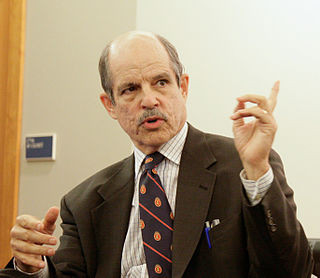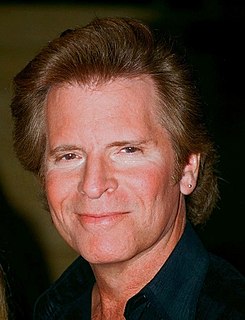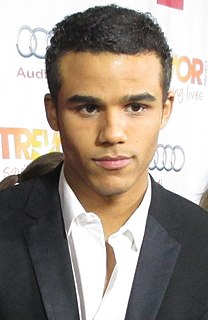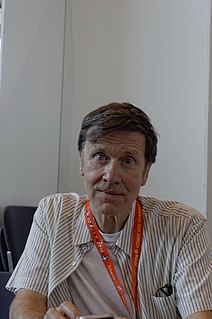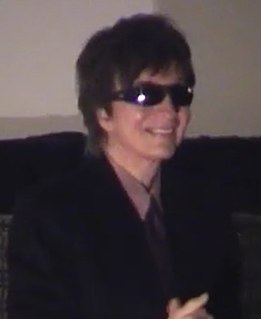A Quote by Elizabeth Edwards
Related Quotes
My father left us when I was 10, so I had to make enough money for us to be able to live in a house because my brother went in the service during Vietnam and I was sole support of my mother. And she had no skills, really, except to clean other people's houses. So I had to have a bunch of jobs, you know, as well as music.
The leading, the most respected Vietnam historian, military historian Bernard Fall -he was a hawk incidentally, but he cared for the Vietnamese - he said it wasn't clear to him whether Vietnam could survive as a historical and cultural entity under the most massive attack that any region that size had ever suffered. He was talking about South Vietnam, incidentally.

